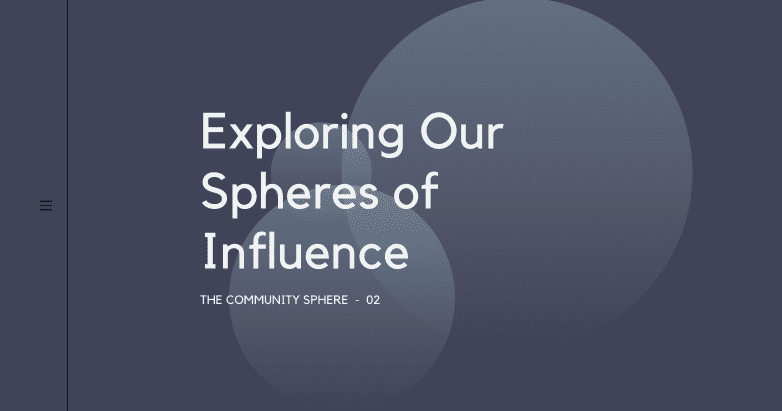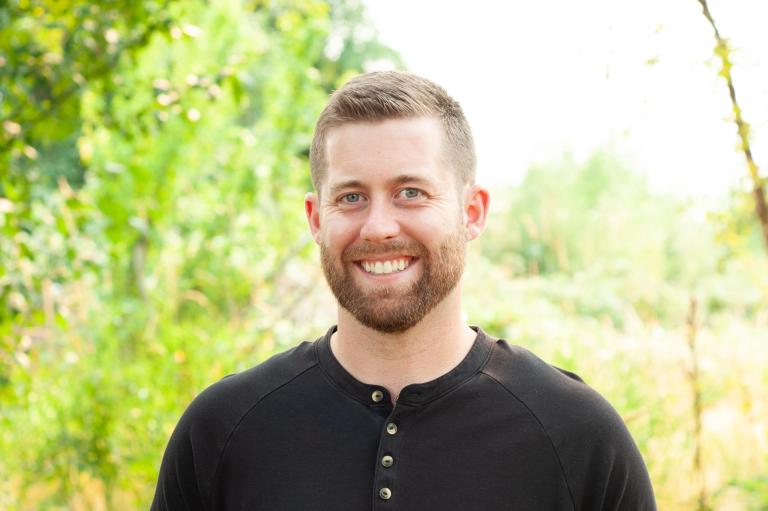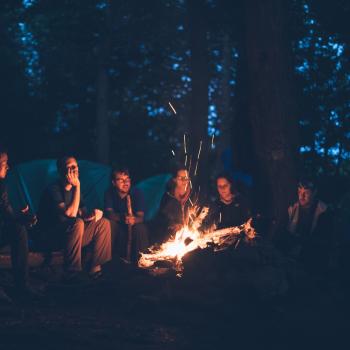
I recently wrote about spheres of influence here. It will give more context for this post!
For many of us, the most obvious spheres of influence we operate within are our community spheres: our faith communities, workplaces, volunteer organizations, etc. Generally speaking, if we’re not alone or in our personal spheres of influence, we’re probably in our community ones.
These are the areas of our life where we can make the largest impact and work toward justice daily, even if we’re just doing “small things with great love” as Mother Teresa says to do.
As a teacher, this is abundantly clear. On a year to year basis, I have the potential to positively impact roughly 100 students who come through my classroom, not to mention the students I know in the hallways. In addition to that, I have the potential to make change in the meetings, office rooms, and in countless interactions with colleagues, parents, and guests in our school setting.
A teacher’s life is absolutely filled with impact potential – our voices matter in these spaces. The same can certainly be said of others who work within what I call the “caring industry,” but I believe this is also true for just about anyone, regardless of their vocations or current employment.
What are your community spheres of influence?
In which space can your voice and presence make the biggest impact?
A Quick Story from the Land of Teaching
As I sat during my prep time grading the recent round of essays, one of my twelfth grade students came bounding into my classroom. Her face flushed and frantic, I set everything down immediately and turned my attention toward her as she collapsed into the seat in front of me.
Instead of asking what class she was supposed to be in or if she had a hallway pass, I immediately felt her tension and asked “What’s going on?”
“Mr. Lang – this last weekend, I thought I was pregnant.”
Taking a deep breath, I leaned forward in my chair, thinking I knew what the conversation was about to be and making sure I did my best to give her a listening ear.
I did not know what the conversation was about to be.
While she began by explaining her pregnancy scare (which involved another of my students), the real issue revealed itself pretty immediately. She didn’t know what contraceptives were.
In twelfth grade: 18 years old.
Our school didn’t have a full time health teacher or health class, and somehow she had managed to make it this far in life without really getting any form of sex education. (While this might be appalling to many, this is reality in our high schools across the country – health education is hideously underfunded and under-prioritized.)
And so I thought about my options: I was her most trusted teacher at the school and there were no other teachers on campus officially qualified to have this conversation with her. (We didn’t have a full time nurse on campus, either.)
What was the best move here?
For context, it’s important to know that I’m the kind of teacher that prioritizes two things: talking real with students about the topics they actually care about and listening fully to their experiences and life stories.
Because of this, I knew that this was a major sphere of influence moment. It wouldn’t be appropriate for me to launch into an impromptu sex education lesson (especially without other staff or students in the room), but I could definitely make a big impact with my listening, my words and my actions.
I started by listening to and affirming her, making sure that no shaming or guilting language dribbled out from the recesses of my brain. Compared to many teachers, I unfortunately knew this alone was probably a radical enough action.
And instead of immediately redirecting her elsewhere, I offered her a quick rundown of contraceptive options, knowing she would take my word as more meaningful than that of other teachers or a random online website. This is the power of a sphere of influence – I knew my voice carried weight and it was important to use it.
After that, I wrote down two trusted websites and slid them over to her, imploring her to pull them up on her phone immediately and learn more. Which she thankfully started doing right then and there!
I knew this wasn’t the comprehensive sex education she needed, but it did three things: it validated her and affirmed her in a moment of fear and concern; it gave her immediate information to make better choices that day; and it gave her access to resources that she could use to make better choices long term.
Leveraging Your Voice
My story above hopefully illustrates the immense impact and power of leveraging a person’s voice and presence within a sphere of influence, especially the community sphere. My actions in that moment didn’t change the world or the systemic inequities that led to my student’s lack of knowledge. But it might have changed her world, leading to more informed decision making and better outcomes.
Take a moment to think about your community spheres of influence and the potential you have for making an impact in those spaces.
- When are the small moments – the conversations, the opportunities – coming up this week, when you might leverage your relationships to make an impact in that space?
- What fears are holding you back from using your voice and making that impact?
- What will you need to do beforehand to overcome those fears? And what can you do now to overcome those fears?
“We cannot all do great things. But we can do small things with great love.”
Mother Teresa












